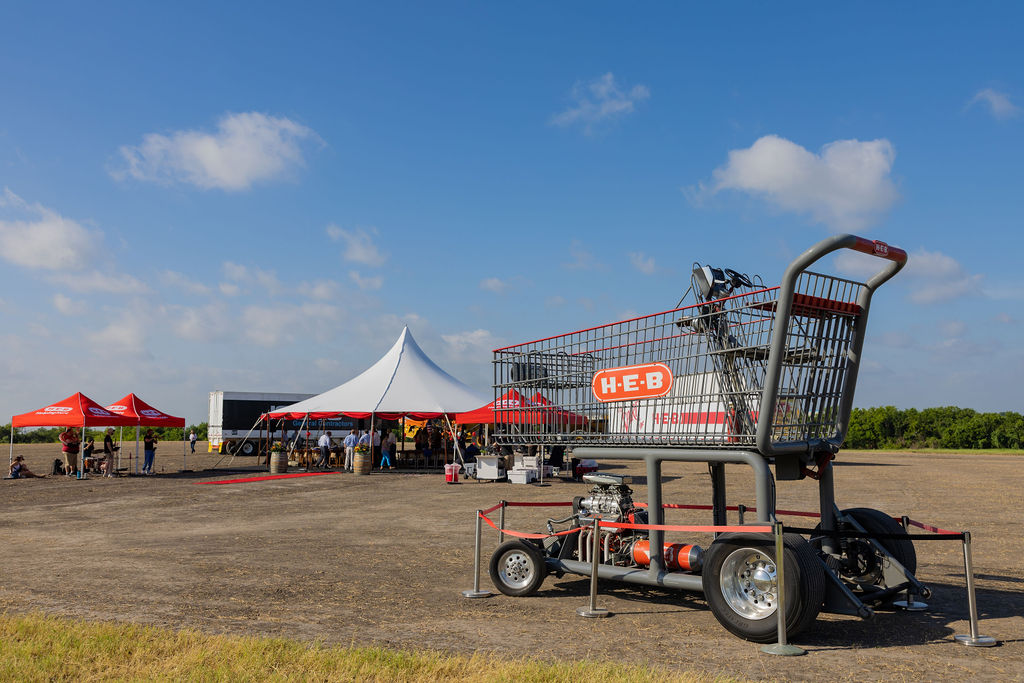Food and Cuisine
Food charity Fareshare’s donations from supermarkets drop
Demand for Fareshare’s help continues to grow, but there’s been a big fall from their biggest donors.

Food and Cuisine
H-E-B Breaks Ground on New Location
Food and Cuisine
Chipotle Pilots Sustainable Restaurant
Food and Cuisine
California May Ban Five Food Additives
Food and Cuisine
FDA to Increase Formula Market Resilience
Food and Cuisine
Southeastern Grocers, Relocalize Partner on Ice
-

 World News2 years ago
World News2 years agoUkraine war: Kyiv secures a bridgehead across the key Dnipro River, reports
-

 World News2 years ago
World News2 years agoIndia’s population will surpass China this week, according to UN
-

 World News2 years ago
World News2 years agoScientists are concerned about recent rapid ocean warming.
-

 World News2 years ago
World News2 years agoWagner in Sudan: what have Russian mercenaries done?
-

 World News2 years ago
World News2 years agoSudan fighting: Foreign nationals and diplomats evacuated














